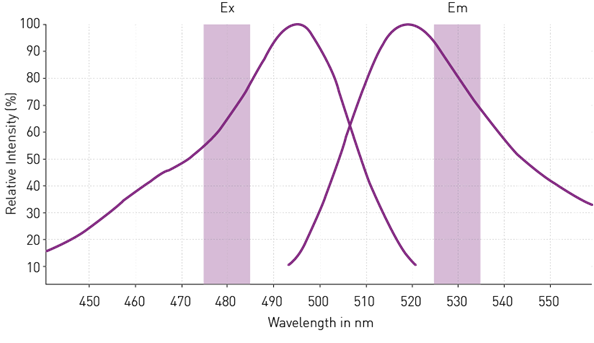Researchers at Washington University School of Medicine have discovered a promising new way to remove amyloid beta plaques in the brain -; a key feature in Alzheimer’s disease -; by directly activating immune cells called microglia to consume them. This approach, outlined in a study published in Science Translational Medicine, has shown to reduce plaques and behavioral abnormalities in mice with Alzheimer’s-like disease. The findings suggest potential implications for other neurodegenerative conditions. By targeting damaging proteins in the brain, this immunotherapy approach could lead to new treatments for diseases like Parkinson’s, ALS, and Huntington’s. Further research will explore the potential of this antibody-based therapy to treat tau pathology in Alzheimer’s disease.
Source link
Researchers find a promising approach to remove amyloid plaques in Alzheimer’s disease










